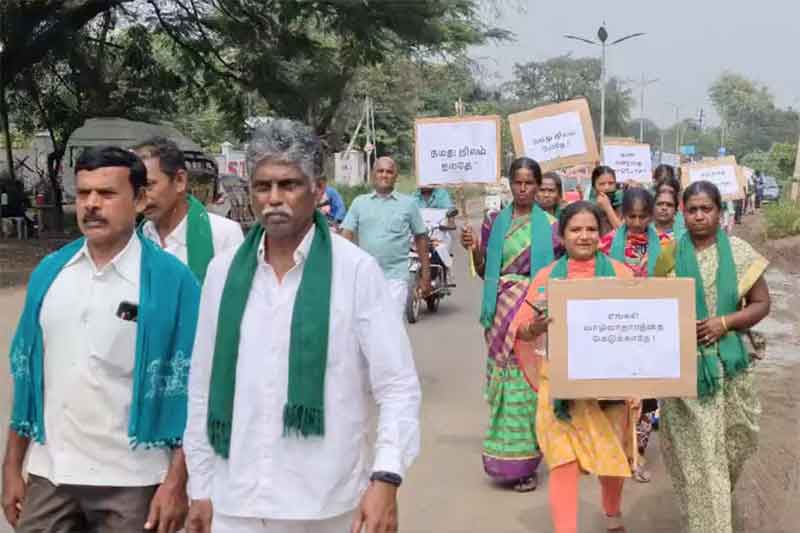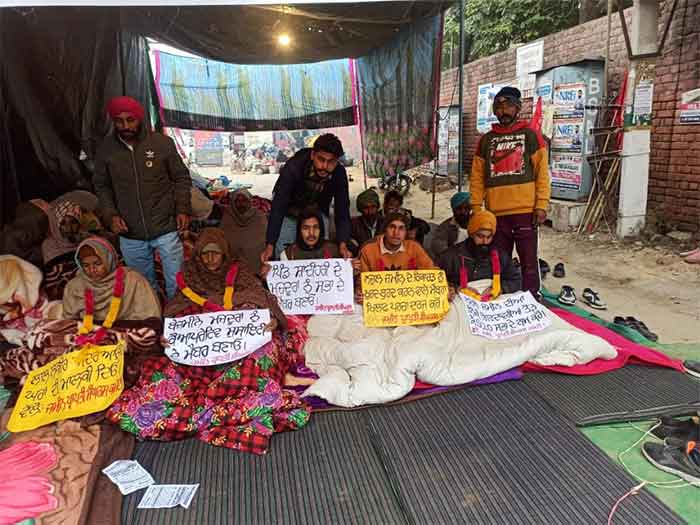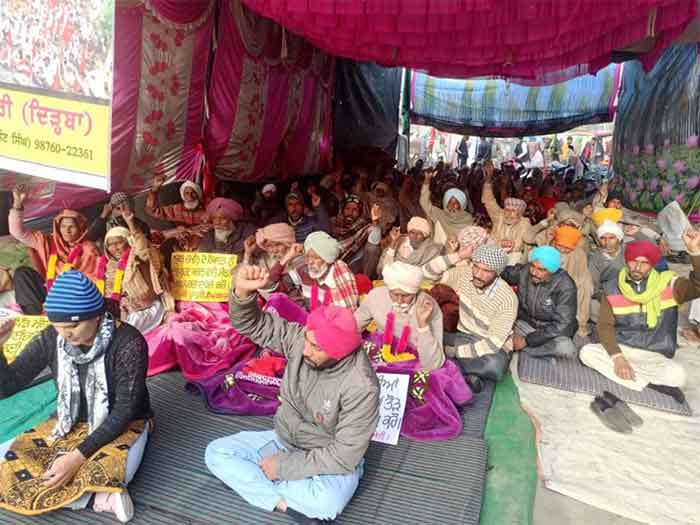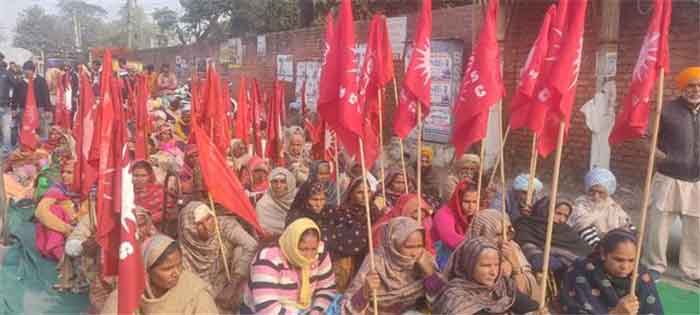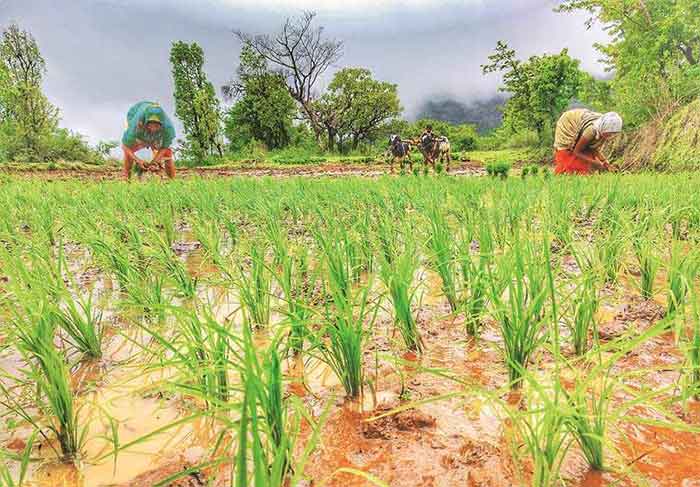
The more one thinks about it, the stronger appears the case for distribution of land based on equality, justice and actual need. Tolstoy, one of the greatest philosophers but by inheritance also a very big landlord, thought a lot about this issue and the more he thought, the more convinced he became that the most logical, in fact , the most obvious thing for him to do is to start handing his large estate to his serfs and tenants.
Vinoba Bhave also found this option very appealing. Sabai bhumi Gopal kee—All land of course belongs to Gopal or to God—was a saying much heard among his followers in the bhoodan ( gift of land) movement. If this is so, the most obvious thing would be for all of God’s children to share land equally and happily.
Unfortunately the Kauravas in Mahabharat failed to see it this way. In fact they could not be persuaded to leave even just five villages for the Pandavas, even when this message was taken to them by none other than Lord Krishna. The rest, as they say, is Mahabharat (with all its endless battles ).
Various mythologies as well as historical events of various countries are full of violence over land. Why not leave this violence and just accept the most obvious solutions based on equality, justice and need, as Tolstoy did, as Vinoba pleaded.
But practical realities of life can be very different from philosophical thought, and very grim and bitter too. Tolstoy also realized this unpalatable truth as his own family members opposed his yearning to give up his estate and land, as revealed also in some of the writings of his last days. Vinoba Bhave also faced a lot of difficulties in his mission despite its success and promise in the early days, and the end results are not what he had hoped for.
The most obvious justice based resolution of the land question is that people or families living in a village can cultivate the land and share the water on the basis of their needs, while also nurturing the fertility of land and conservation of water and cooperating with each other for this. But at a practical level such a situation is very rare and there are just too many issues relating to power , greed, property. law of property, corruption, records and documents, inheritance, hierarchy, social divisions, conflicts, governments, intermediaries, politics, influence etc. which stand in the way of land-distribution based on justice, equality and need. It is in this practical world of all these factors, all these realities, that ultimately the struggle for justice based land distribution must take place.
When the communists pushed land reform laws in Afghanistan they must have had good intentions of equality and justice in mind, but the actual result was a lot of violence and opposition which got out of control. So the question is how do we create adequate acceptance among most people for justice based land distribution. This is something which all serious land reforms efforts towards justice and equality must consider very carefully and should give attention to. The way in which land reform is conceptualized, how far we can go, depends on this aspect.
So there is a need to create a broad agreement in rural areas that landless people should also have some land. This is why I emphasized from the very beginning of the ongoing farmers’ movement in India that this can be a good time, when so many farmers organizations are gathering at one place, for farmers organizations to take a clear stand that they support the yearnings of the rural landless households also to have some land. This would also contribute to increasing the unity of all rural people to assert justice based demands.
All nations have to find their own pathway of peace towards land justice and equality and many committed activists at the field level will be needed for this. But coming back to philosophers, their efforts at a broader level to create a world-level opinion in favor of this will also be valuable for this cause.
Bharat Dogra is a journalist and author. His recent books include Man over Machine and Protecting Earth for Children.
GET COUNTERCURRENTS DAILY NEWSLETTER STRAIGHT TO YOUR INBOX

